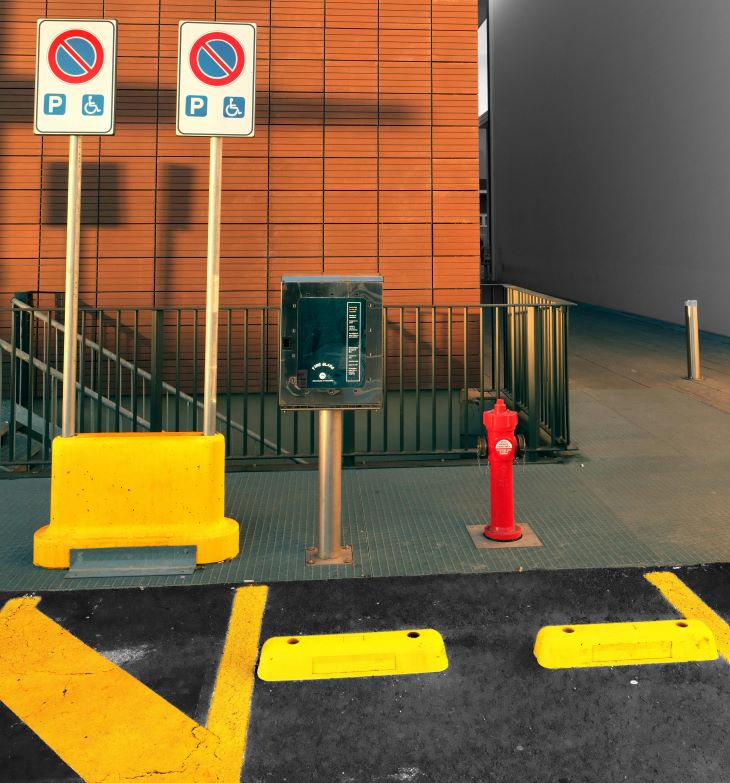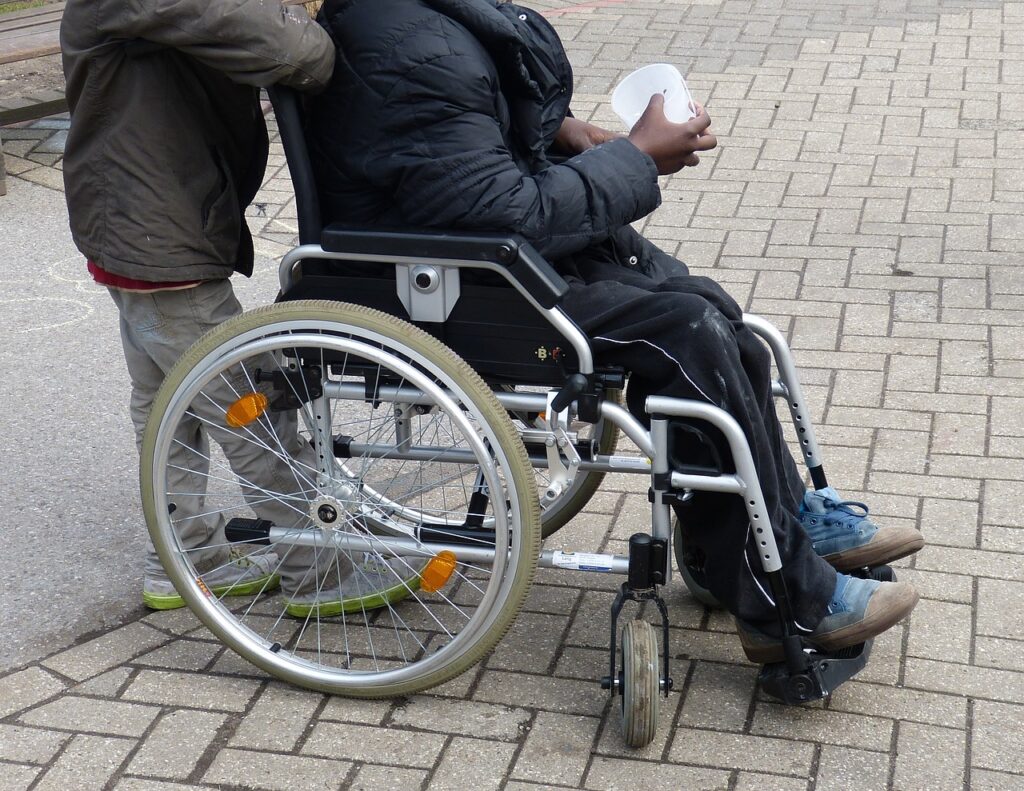Accessible parking spaces exist to provide essential support for individuals with disabilities or mobility issues, ensuring their ability to navigate public spaces with comfort and safety. These designated spaces are strategically located to reduce barriers and facilitate access to essential services, amenities, and activities for those with mobility impairments. However, the availability of accessible parking alone is not always sufficient to meet the diverse needs of individuals facing temporary disabilities or mobility limitations.
Temporary handicap parking permits play a crucial role in complementing the existing infrastructure of accessible parking spaces by addressing the needs of individuals with short-term disabilities. Whether recovering from surgery, undergoing medical treatments, or experiencing temporary impairments due to injuries or illnesses, these permits serve as a lifeline for individuals seeking to maintain independence and mobility during challenging times.
In this blog post, we take a look into the qualifications for temporary handicap parking permits, eligibility criteria, requirements, and how to obtain one.
Qualifications for Temporary Handicap Parking Permits
Temporary handicap parking permits are typically issued to individuals with short-term disabilities that significantly impair their mobility. The qualifications for temporary handicap parking permits vary depending on the jurisdiction. Generally, these include a defined period for the disability and specific medical conditions that qualify. These conditions may often include the following:
- Recent Surgery: Individuals who have undergone recent surgical procedures, such as joint replacement surgery, back surgery, or other surgeries that limit mobility, may qualify for a temporary handicap parking permit during their recovery period.
- Broken Bones: Temporary handicap permits are often granted to individuals with broken bones, such as fractures in the legs, hips, arms, or pelvis, which significantly impair their ability to walk or move without assistance.
- Severe Sprains or Strains: Severe sprains or strains, particularly those affecting weight-bearing joints like the ankles or knees, may qualify individuals for a temporary handicap parking permit while they undergo rehabilitation and healing.
- Mobility Impairments Due to Illness: Certain illnesses or medical conditions that cause temporary mobility impairments, such as multiple sclerosis (MS), lupus, or arthritis flare-ups, may warrant the issuance of a temporary handicap parking permit.
- Recovery from Medical Treatment: Individuals undergoing medical treatments such as chemotherapy, radiation therapy, or other treatments that cause fatigue, weakness, or mobility limitations may be eligible for a temporary handicap parking permit during their treatment period.
- Temporary Disabilities: Any other temporary disabilities or medical conditions that significantly impair an individual’s ability to walk or move without assistance for a limited duration may also qualify for a temporary handicap parking permit.
Understanding who can get a temporary handicapped parking permit is essential. While age requirements may differ, most jurisdictions prioritize individuals with disabilities regardless of age. The types of disabilities covered range from physical impairments to temporary medical conditions that affect mobility, such as broken bones or recovering from surgery.
The criteria for obtaining a temporary handicapped parking permit usually involve a thorough evaluation process, and it will vary from state to state. Applicants are required to provide documentation from a licensed medical practitioner, verifying their disability and need for accessible parking. This documentation typically includes medical records, physician’s statements, and details about the nature and duration of the disability.

Temporary Handicap Parking Permit Requirements
The application process for a temporary handicapped parking permit can vary by state, but at Dr. Handicap, we offer online application options for convenience. These online portals streamline the process, allowing individuals to apply from the comfort of their homes without the need for in-person visits.
Consultation and medical evaluation are integral parts of the application process. Our company provides a flat fee structure for consultations, ensuring that individuals receive professional medical evaluations without financial burden. Moreover, we offer a refund policy if the permit application isn’t approved by a licensed medical practitioner, providing peace of mind to applicants.
Approval guidelines for temporary handicap parking permits typically involve review by a licensed medical practitioner. This ensures that only individuals with legitimate disabilities receive permits, maintaining the integrity of accessible parking spaces. The timeline for approval can vary, but our efficient process aims to expedite the approval process while ensuring accuracy and thoroughness.
Who Qualifies for a Temporary Handicap Parking Permit
Obtaining a temporary handicapped parking permit involves several steps. First, applicants must gather the necessary documents, including medical records and physician’s statements, to support their application. Completing the application form accurately and thoroughly is crucial to avoid delays or rejection.
Scheduling a consultation with a licensed medical practitioner is the next step in the process. Our company facilitates this process by offering convenient appointment scheduling options and ensuring timely evaluations. During the consultation, the medical practitioner will assess the applicant’s mobility issues and determine their eligibility for a temporary handicapped parking permit.
It’s essential to understand common mistakes to avoid when applying for a temporary handicapped parking permit. Incomplete documentation or misunderstanding of eligibility criteria can result in delays or denial of the application. By following our step-by-step guide and seeking assistance if needed, applicants can navigate the process smoothly and increase their chances of approval.
Temporary Handicapped Parking Permits
Temporary handicap parking permits play a vital role in ensuring accessibility for individuals with short-term disabilities. By understanding the qualifications, eligibility criteria, requirements, and application process, individuals can obtain the necessary permits to access accessible parking spaces conveniently and safely. Our company is committed to simplifying the process and providing support to individuals with disabilities, ensuring equal access to parking facilities for all.
Need more information on disabled parking in the US? From understanding your rights as a handicapped and reduced mobility driver to handicap parking etiquette, we offer a useful bank of detailed topics on the Dr. Handicap blog. Check it out today!
Featured Image by Jakub Pabis on Unsplash.
